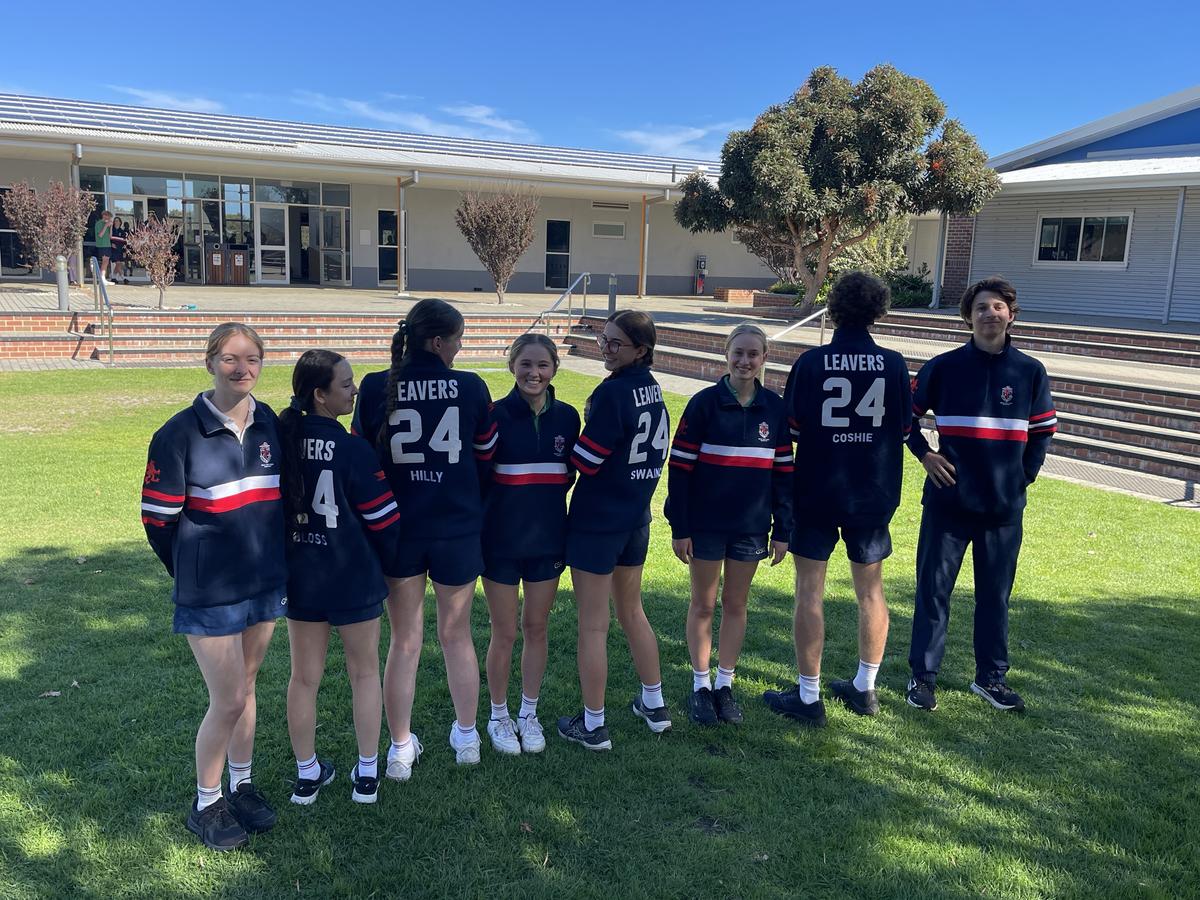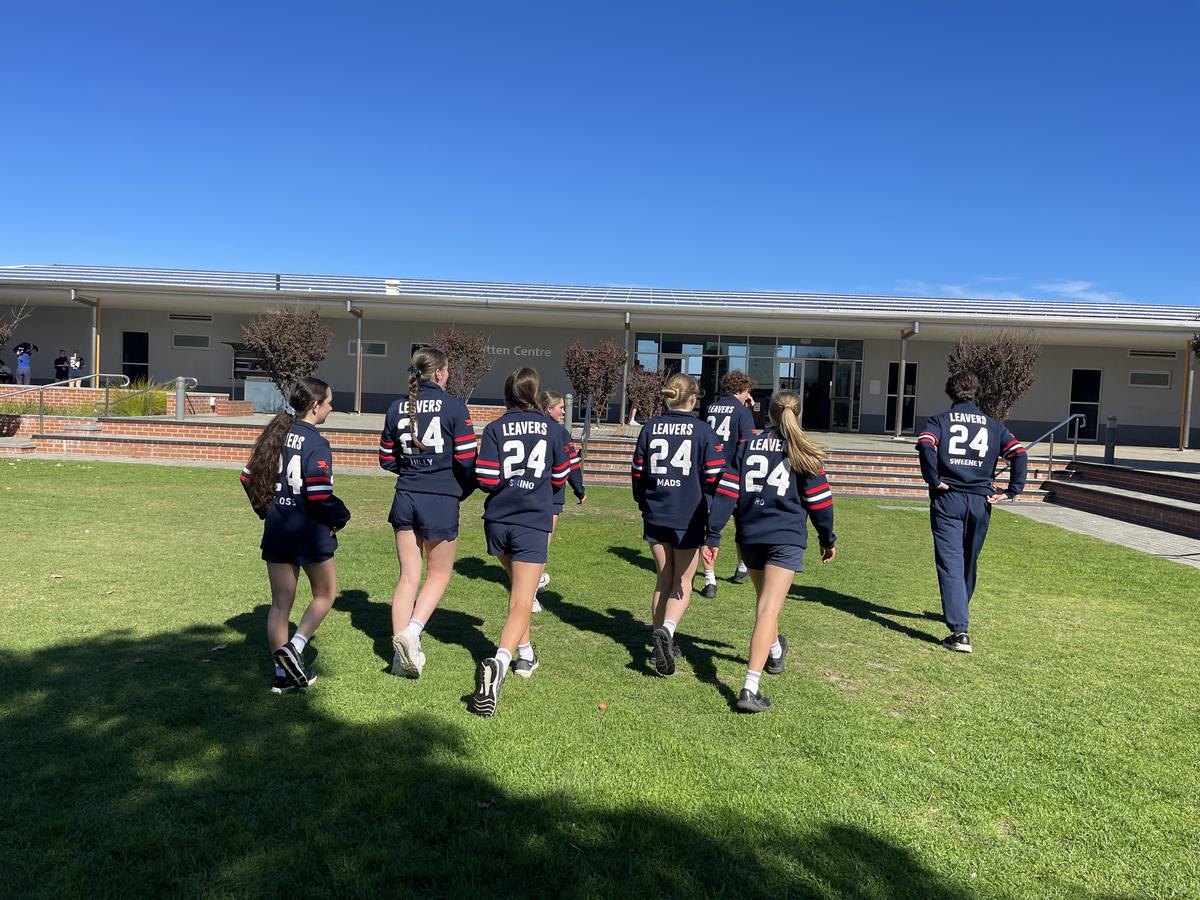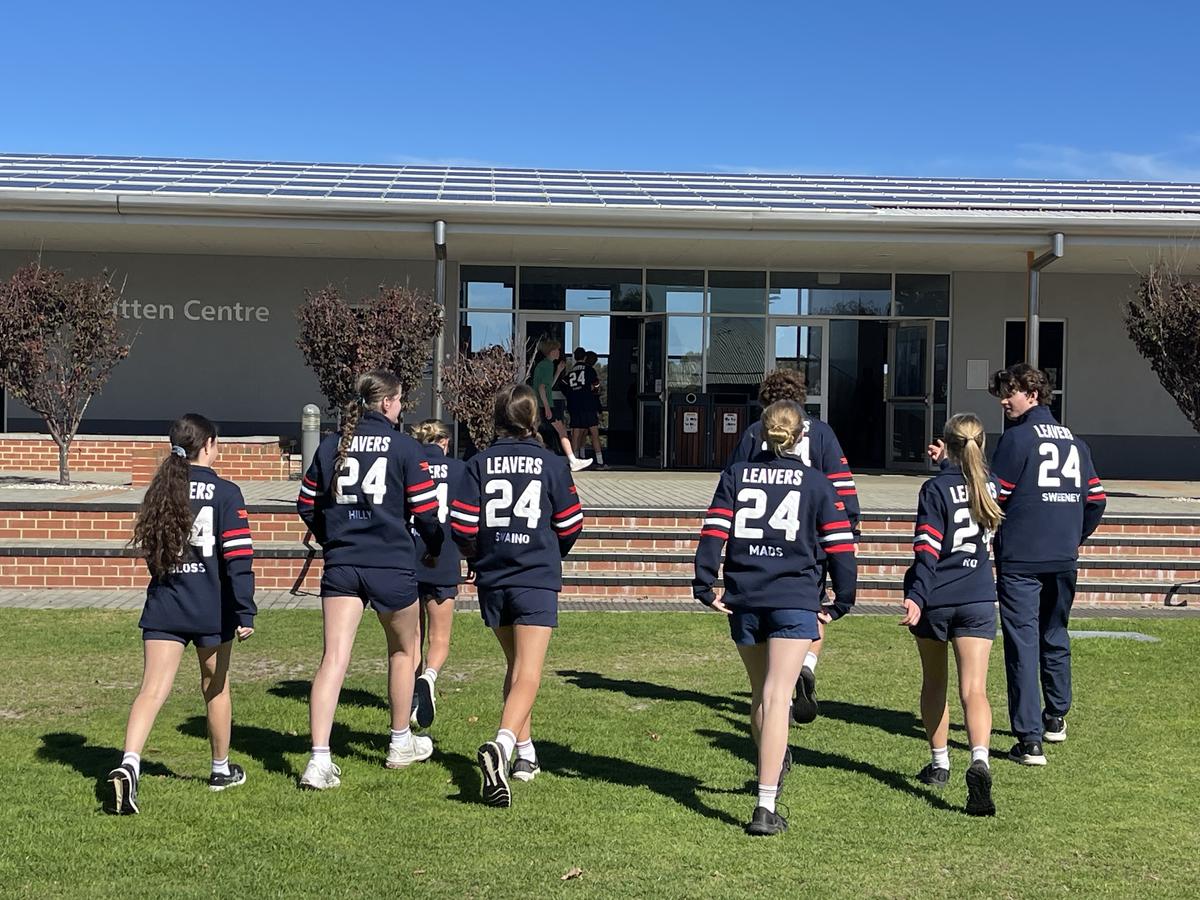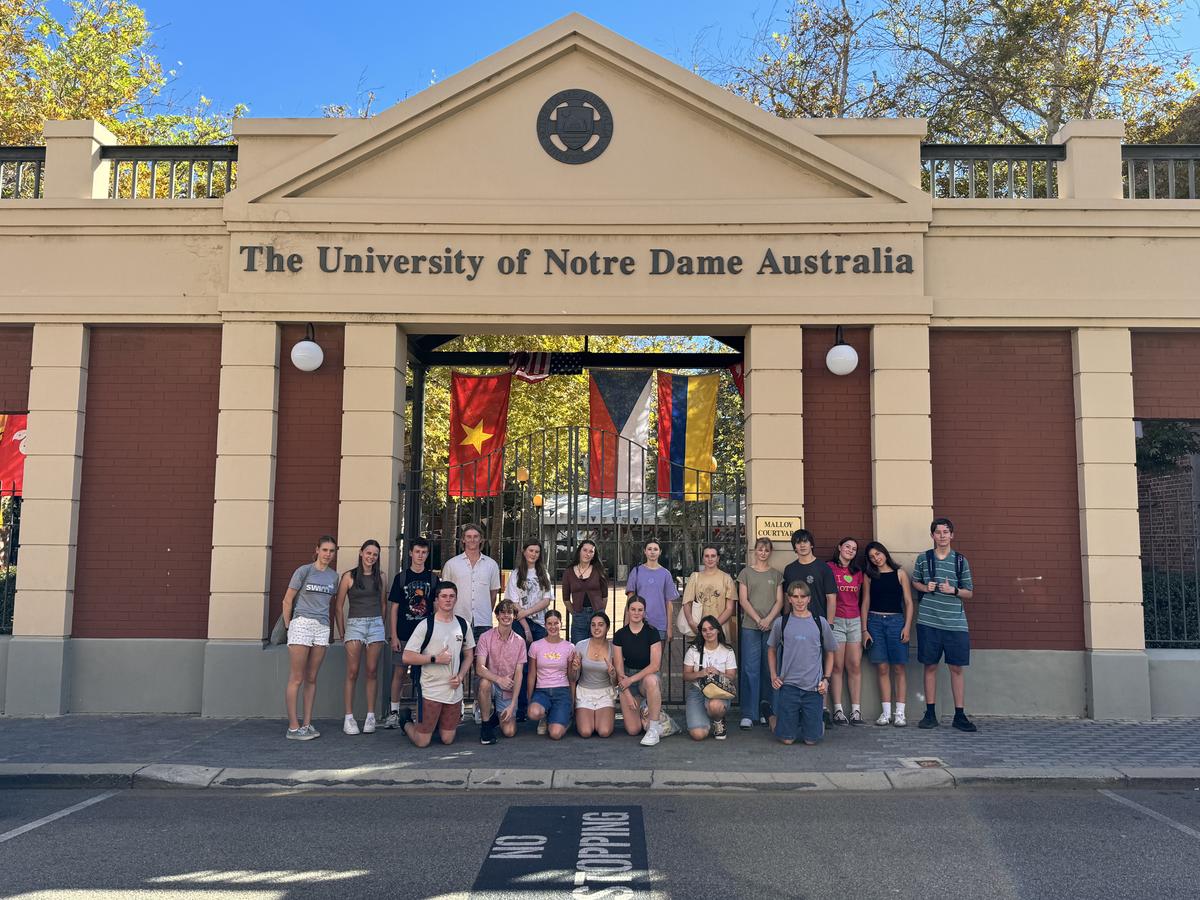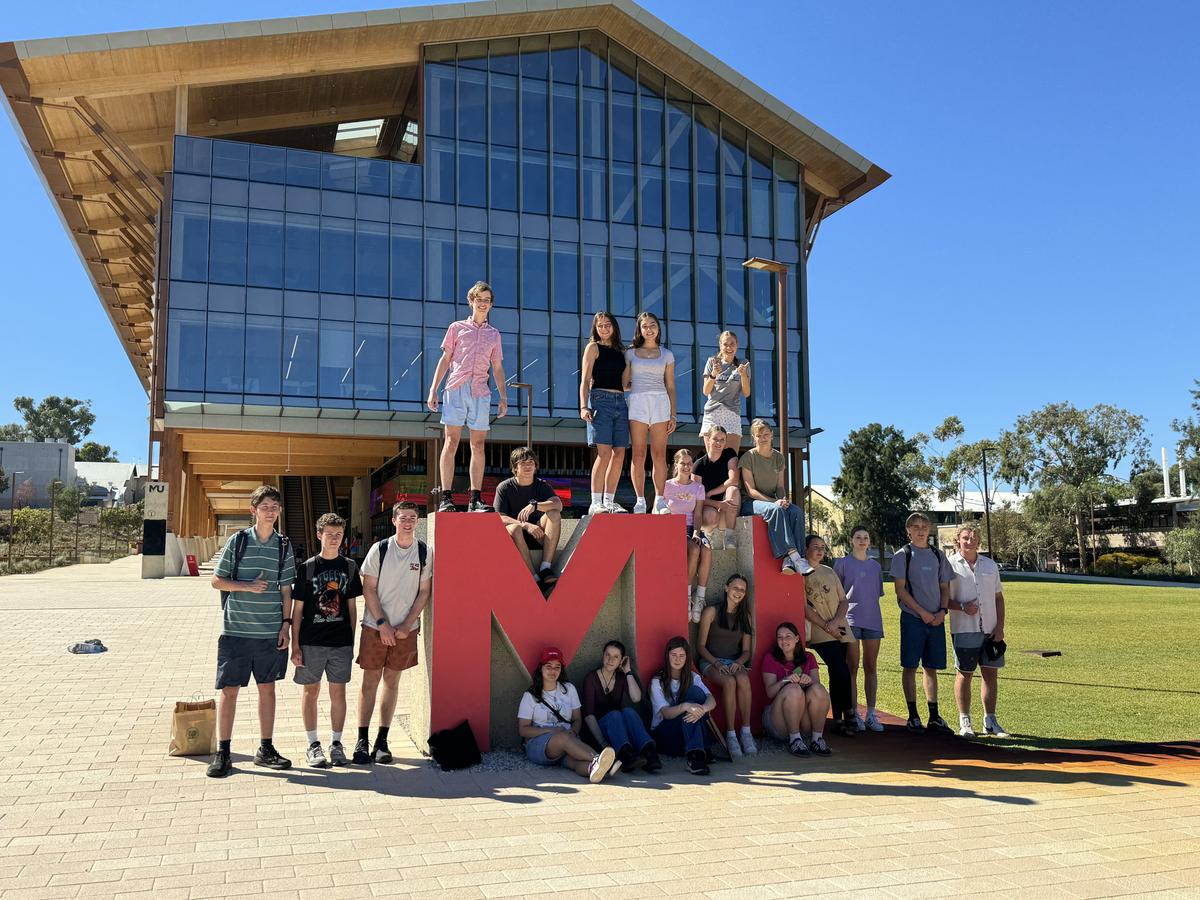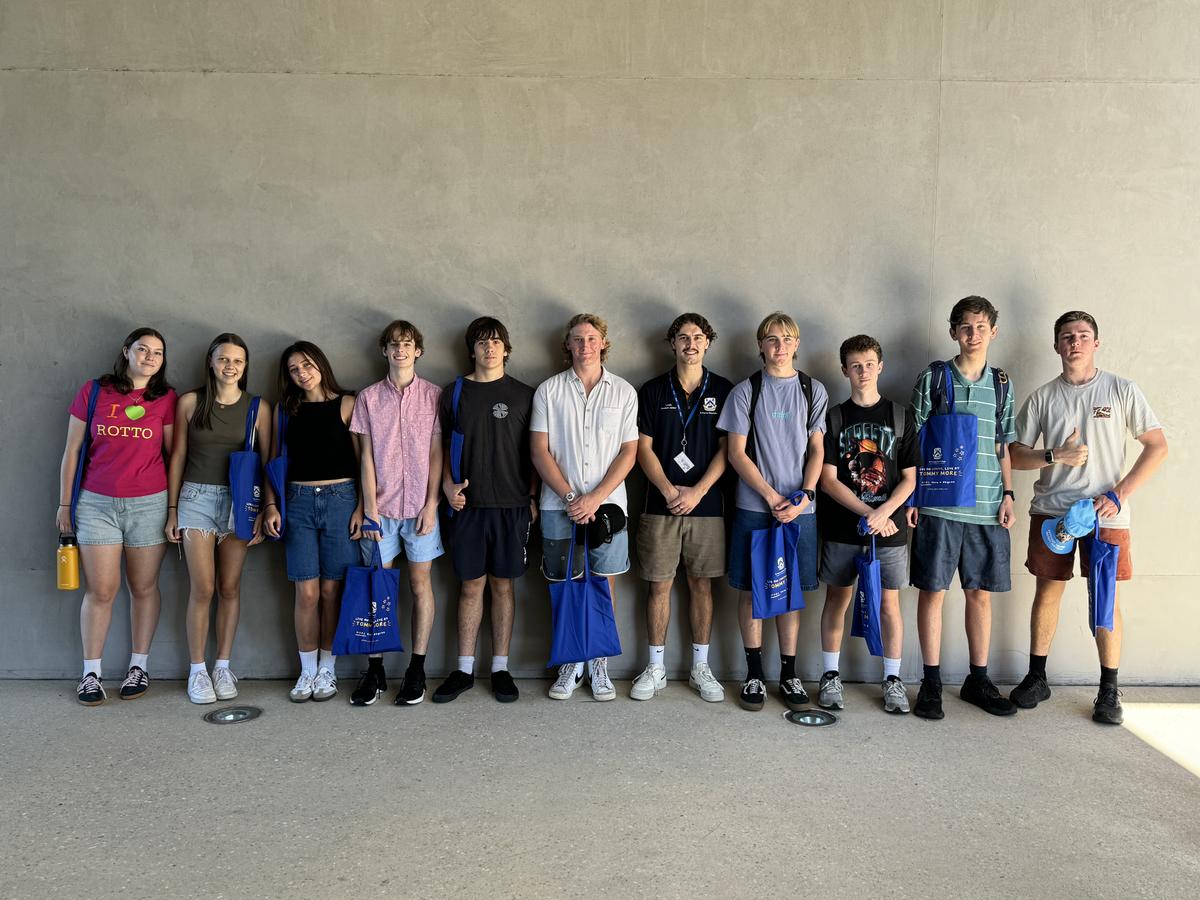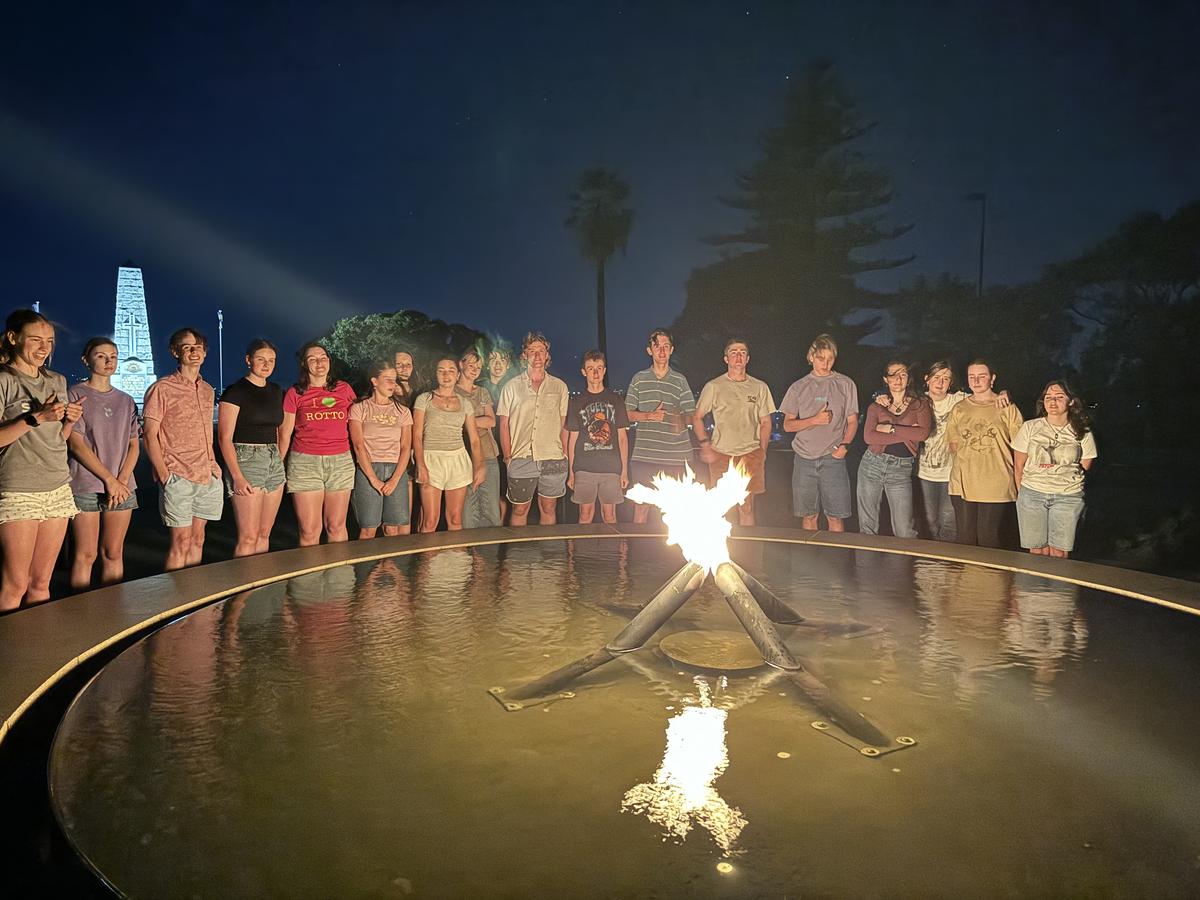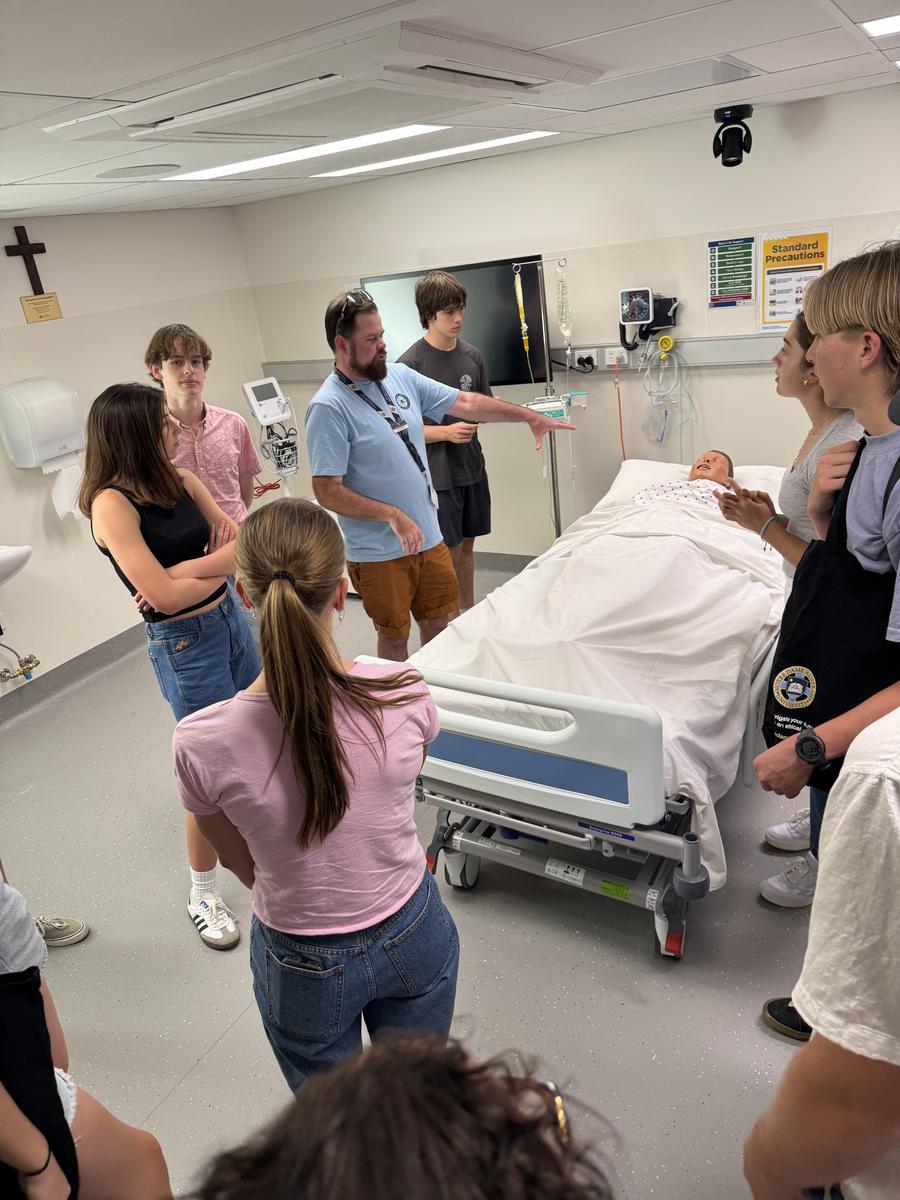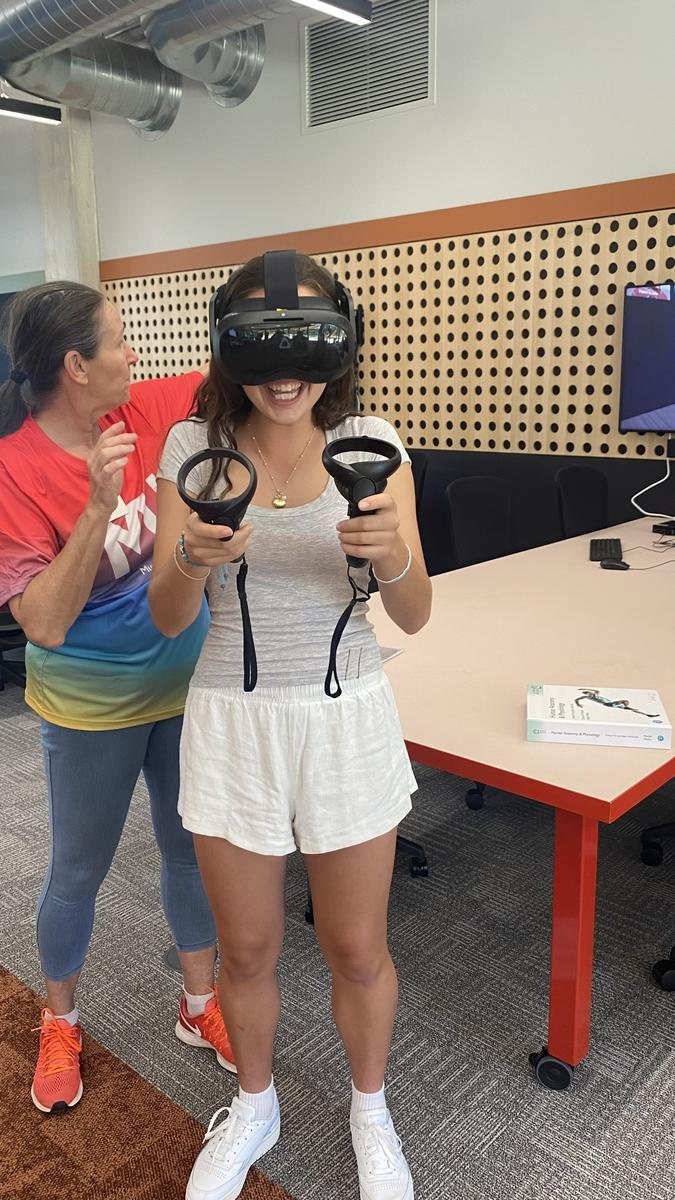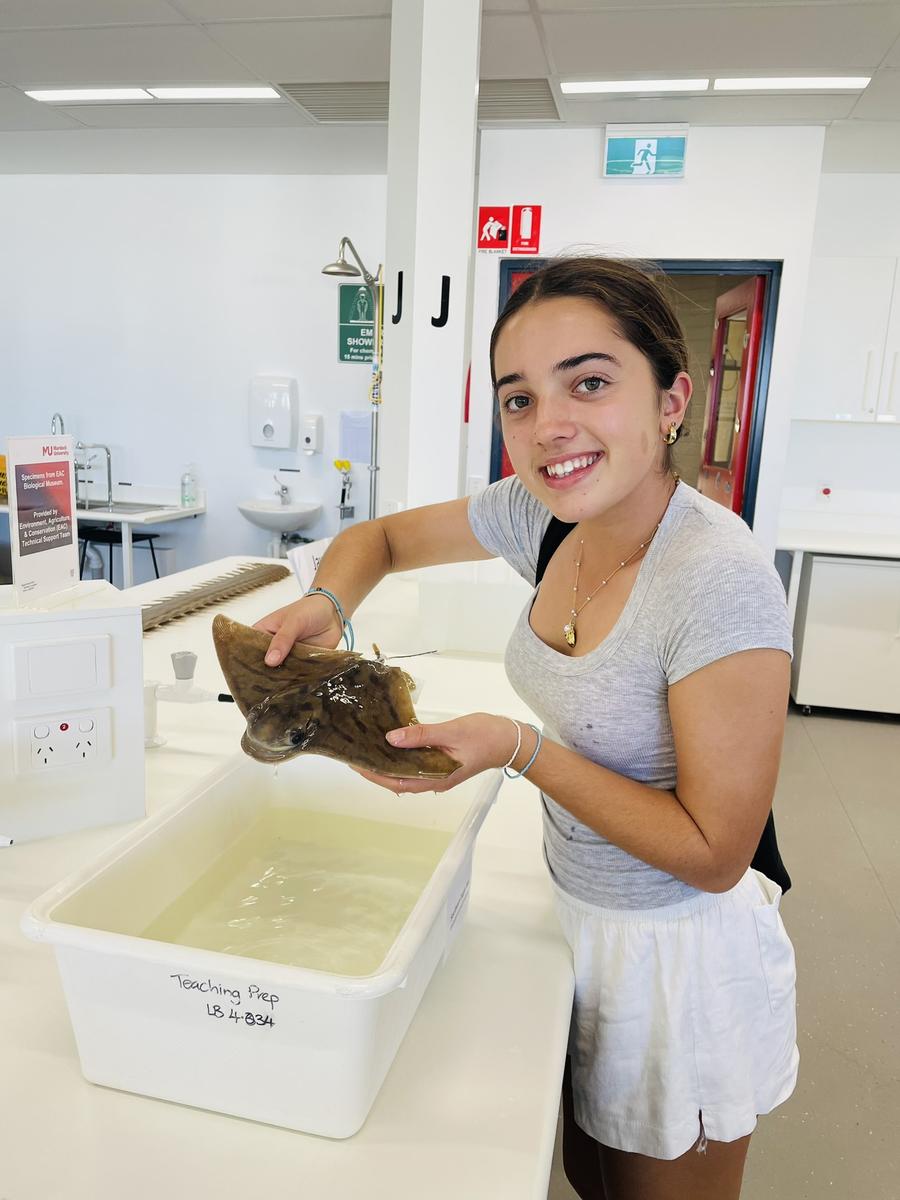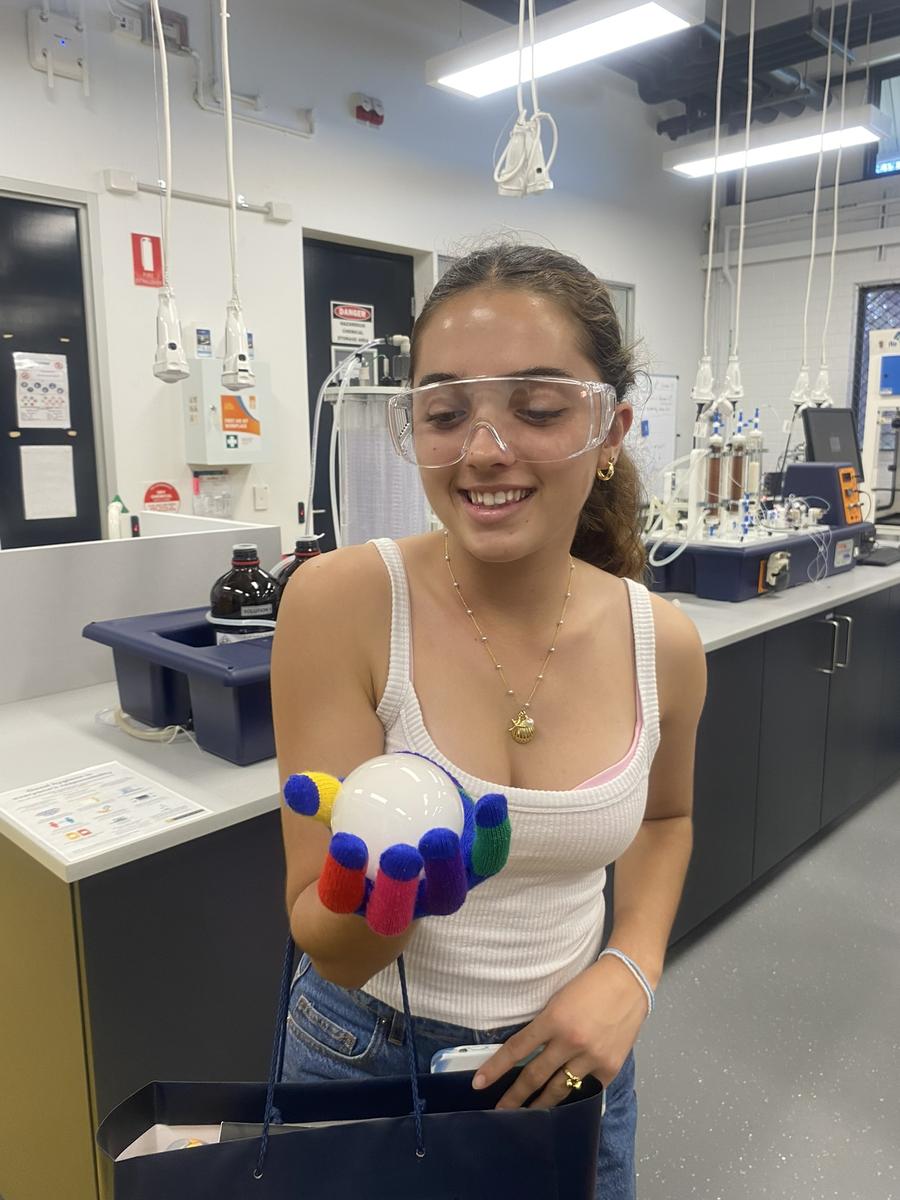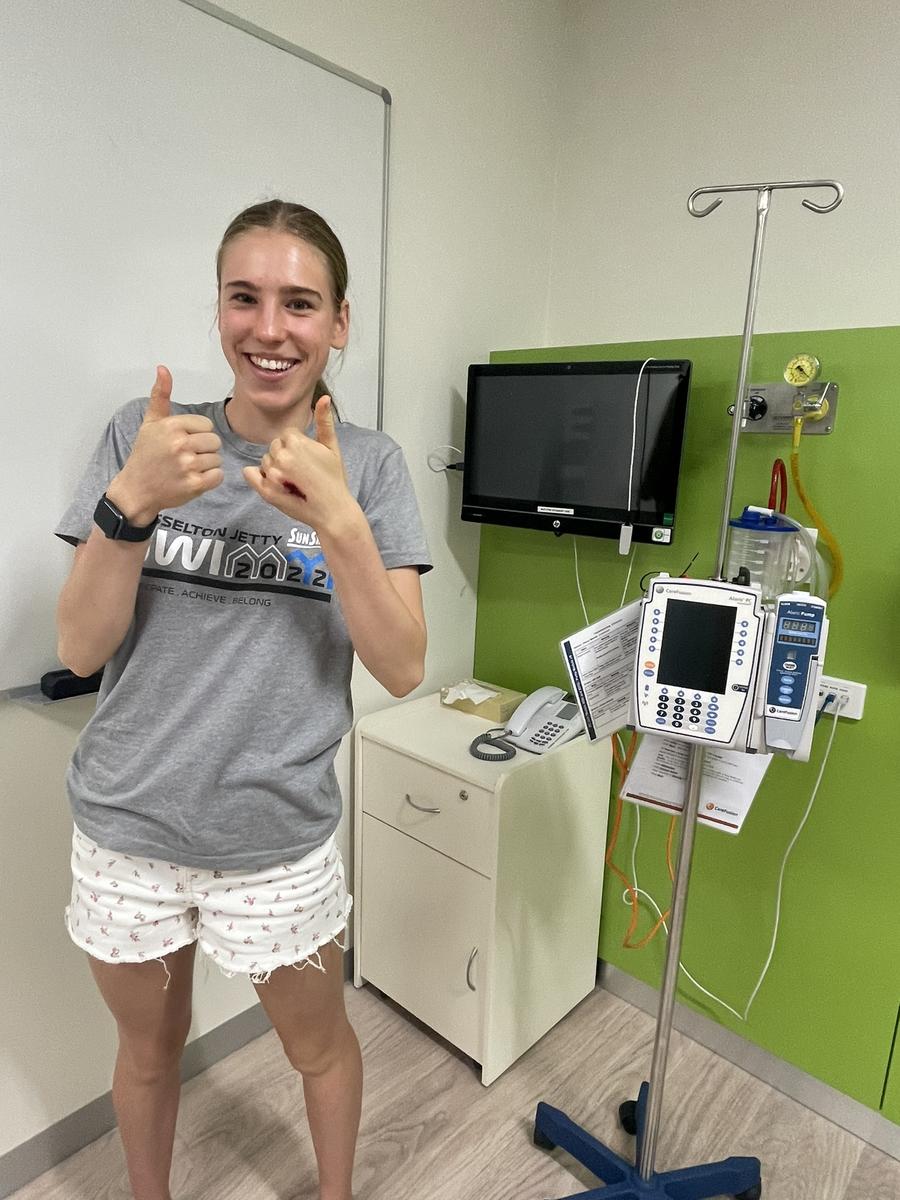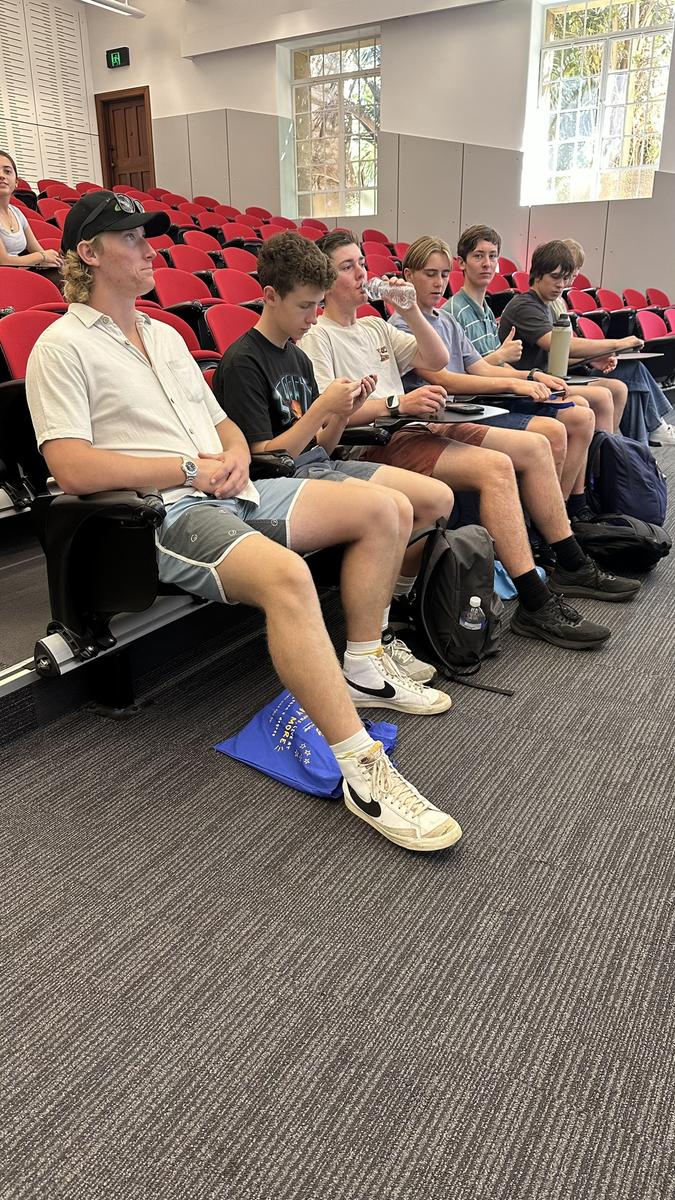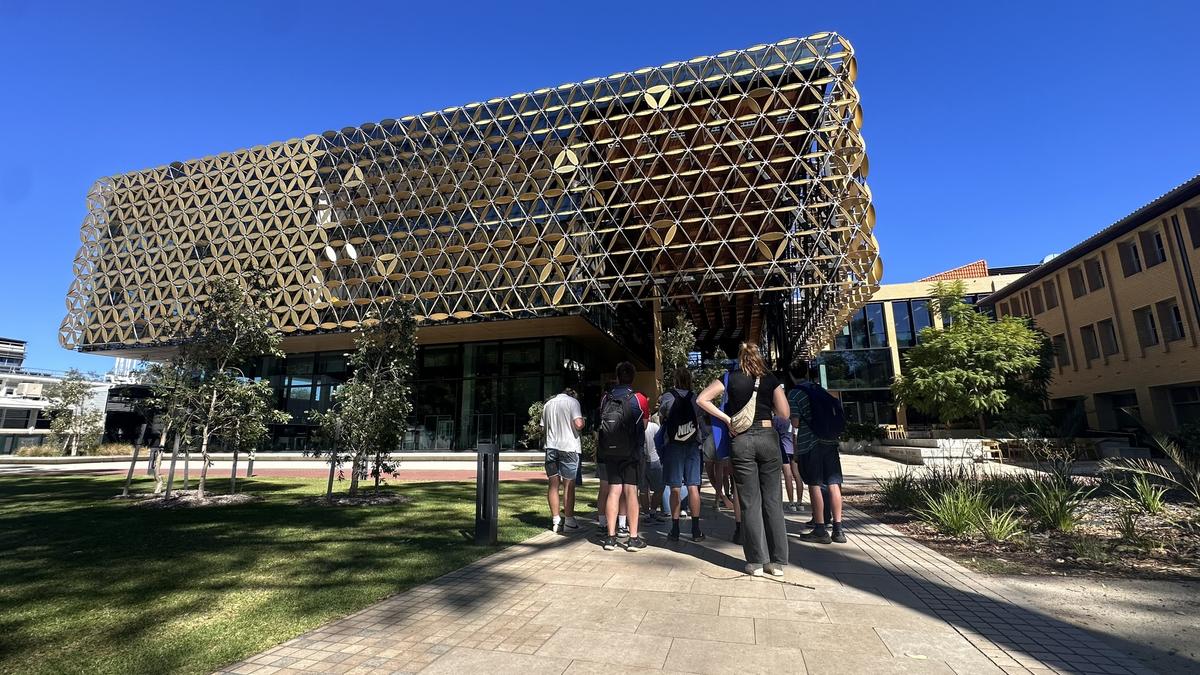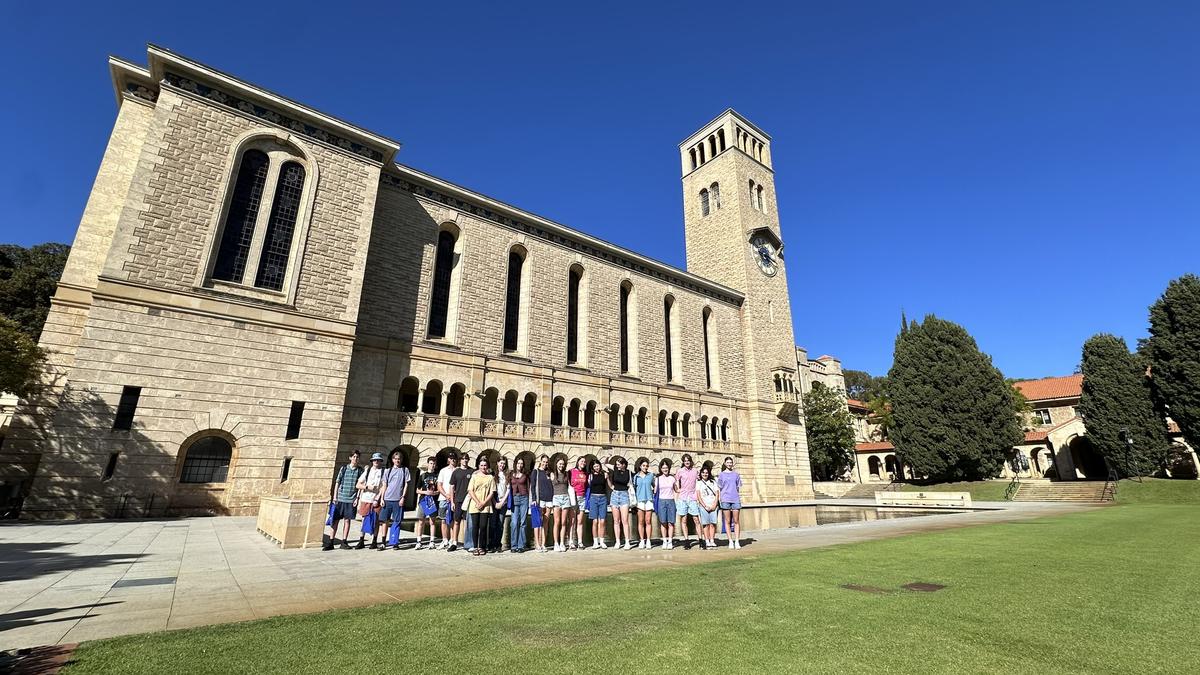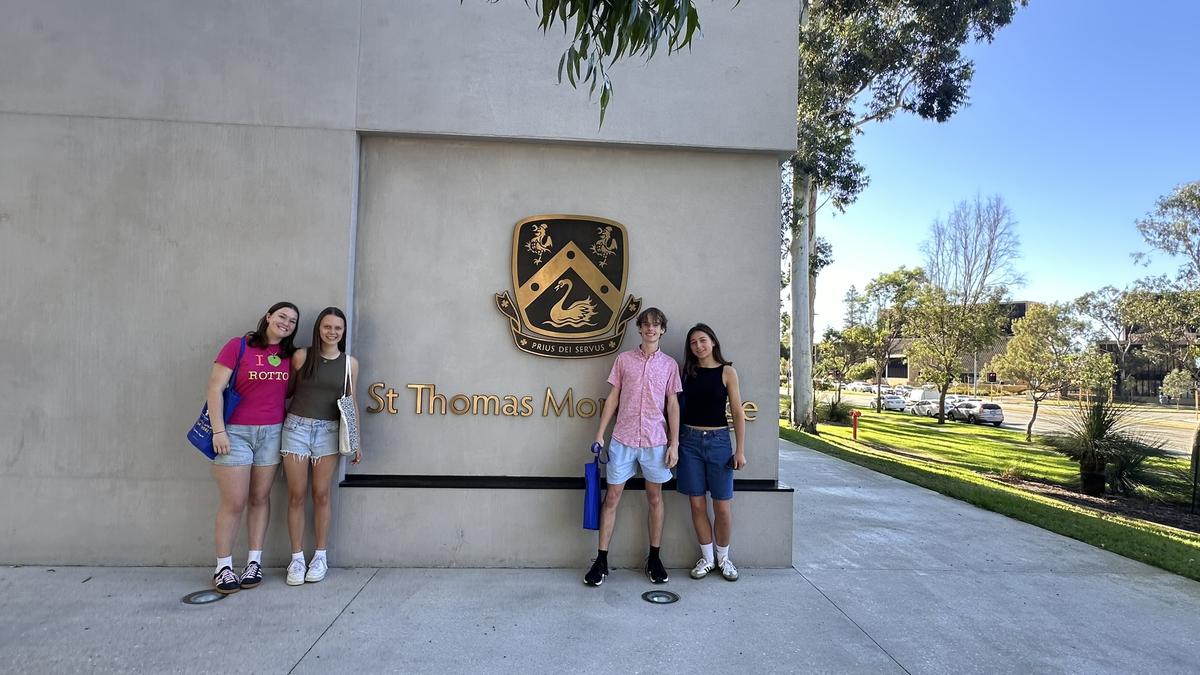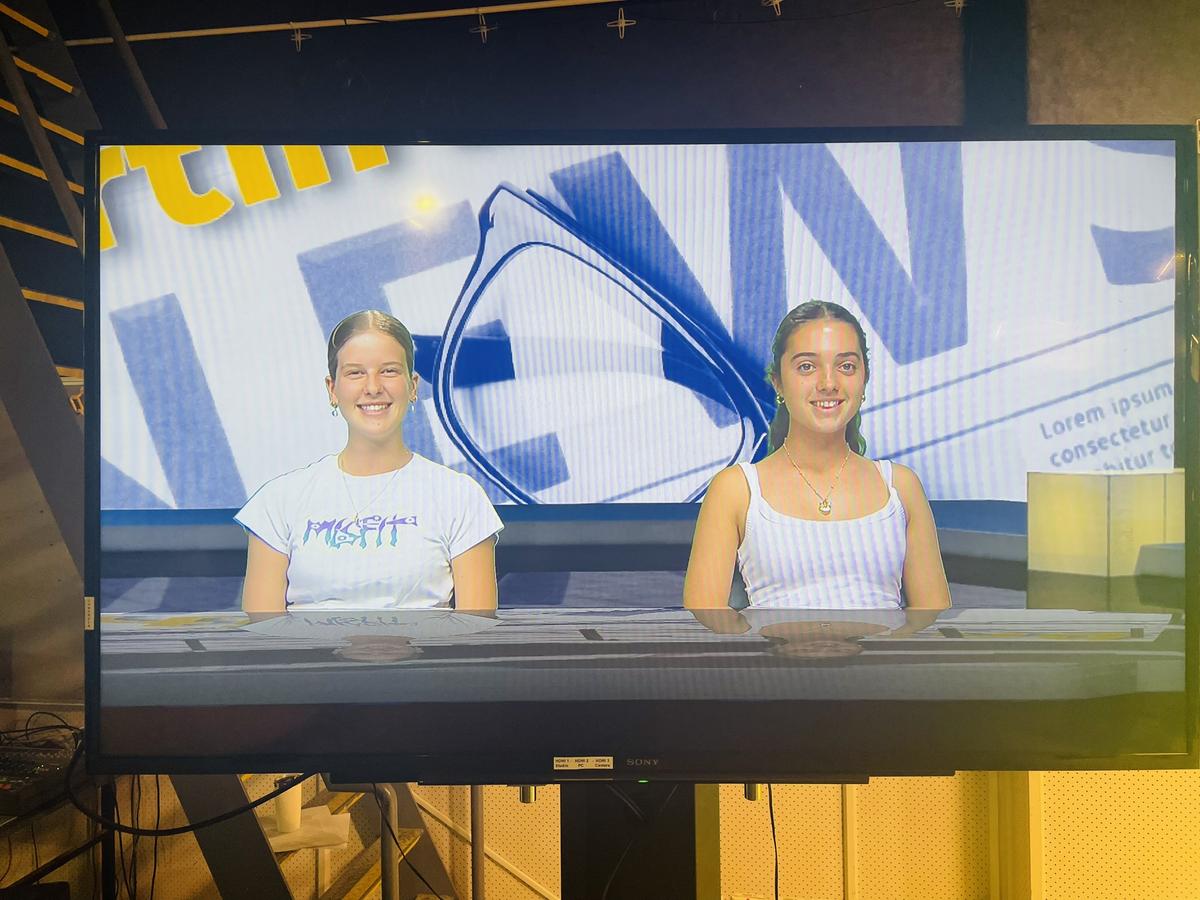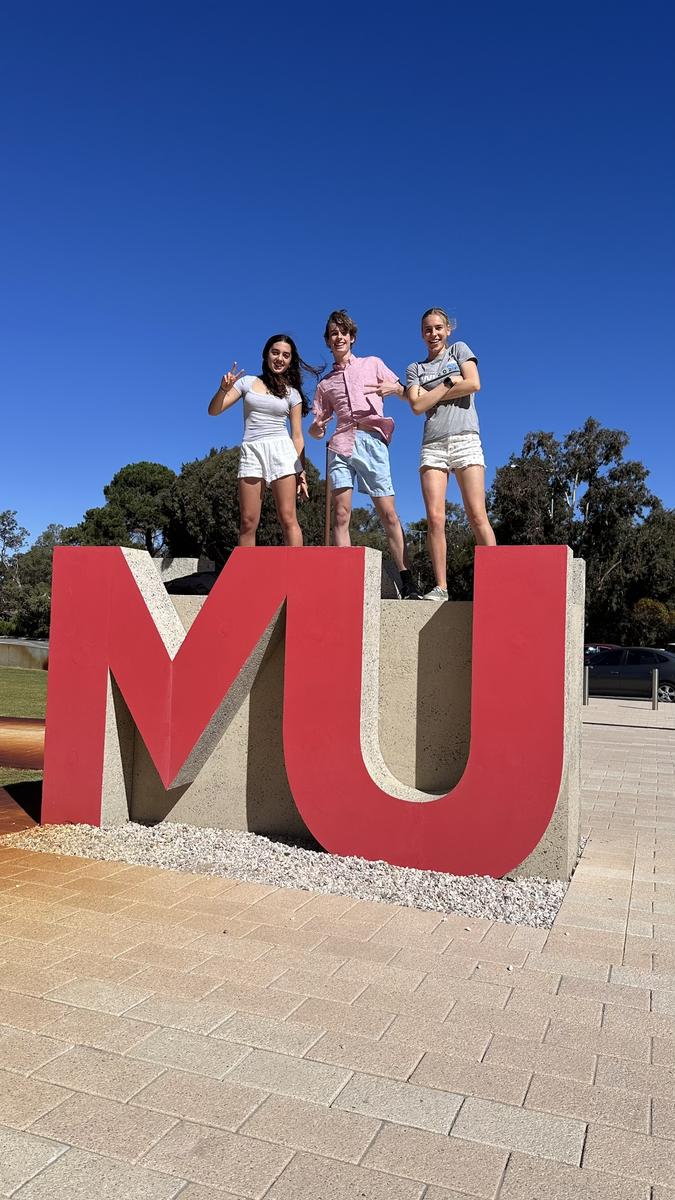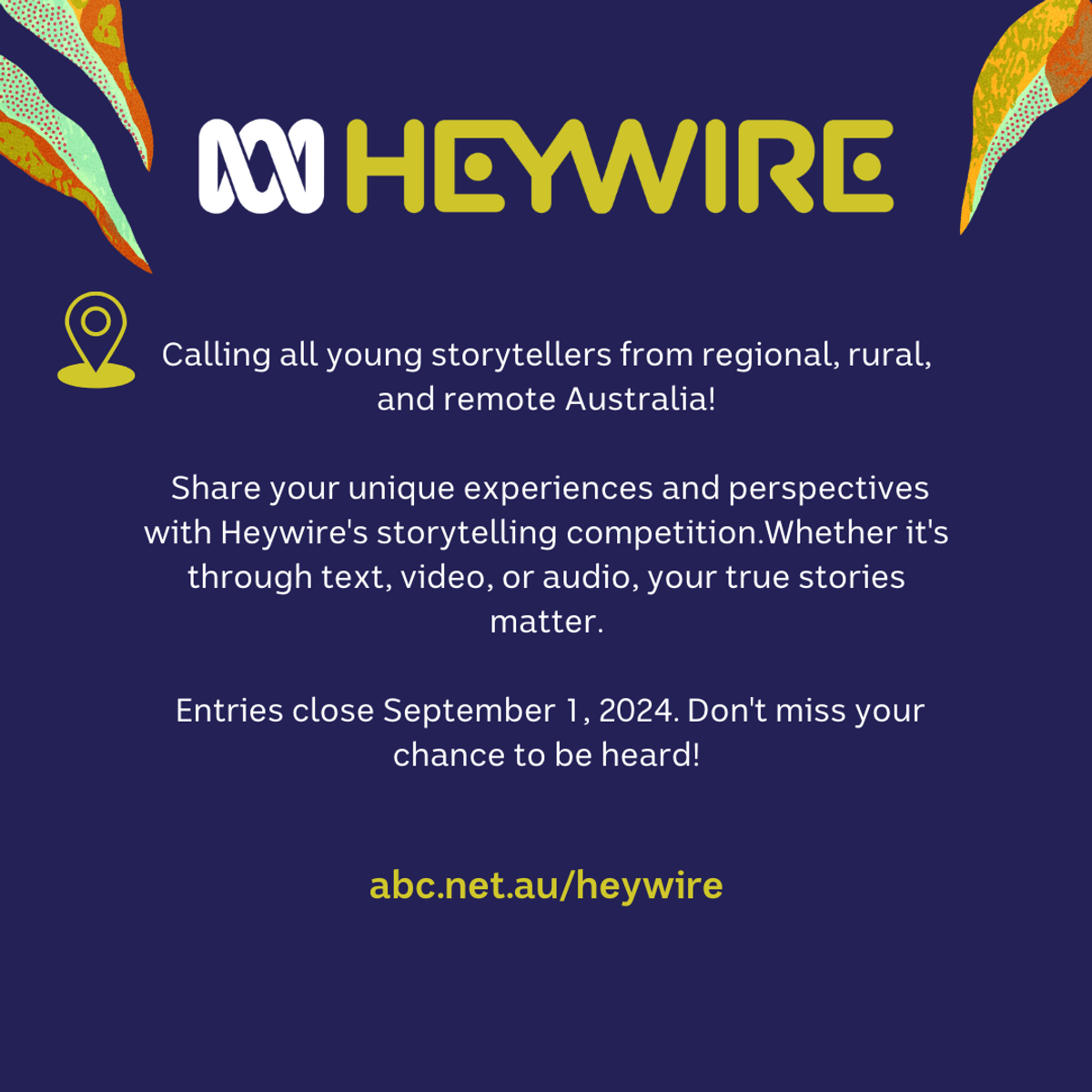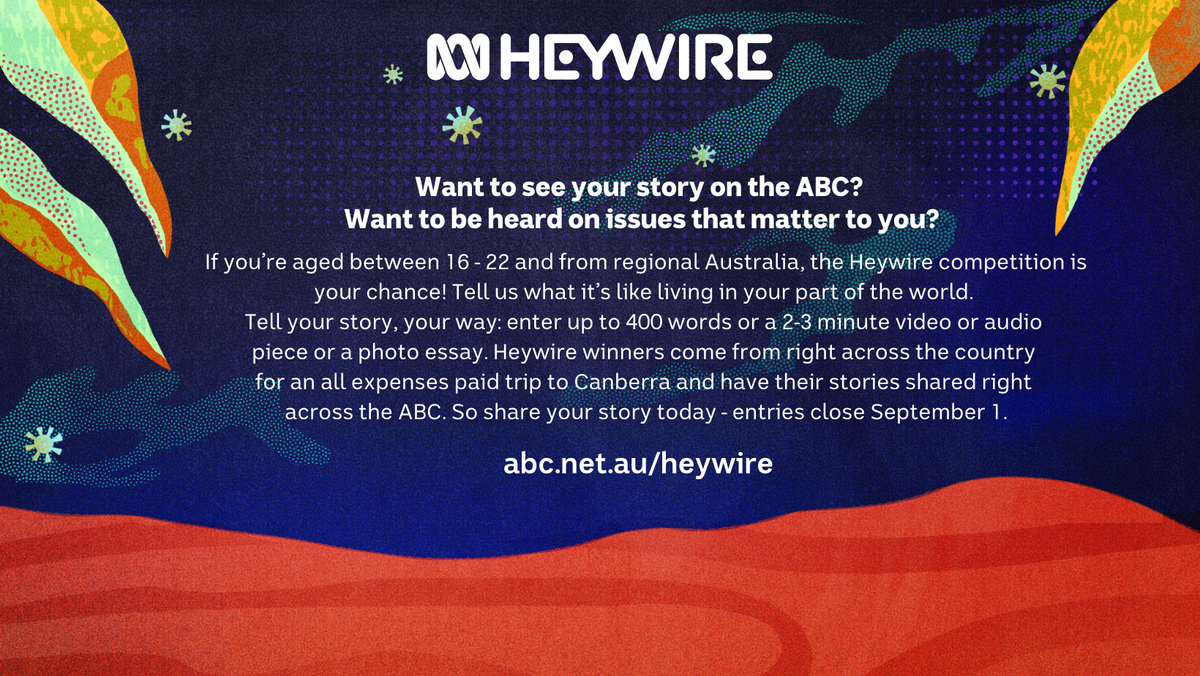Secondary School
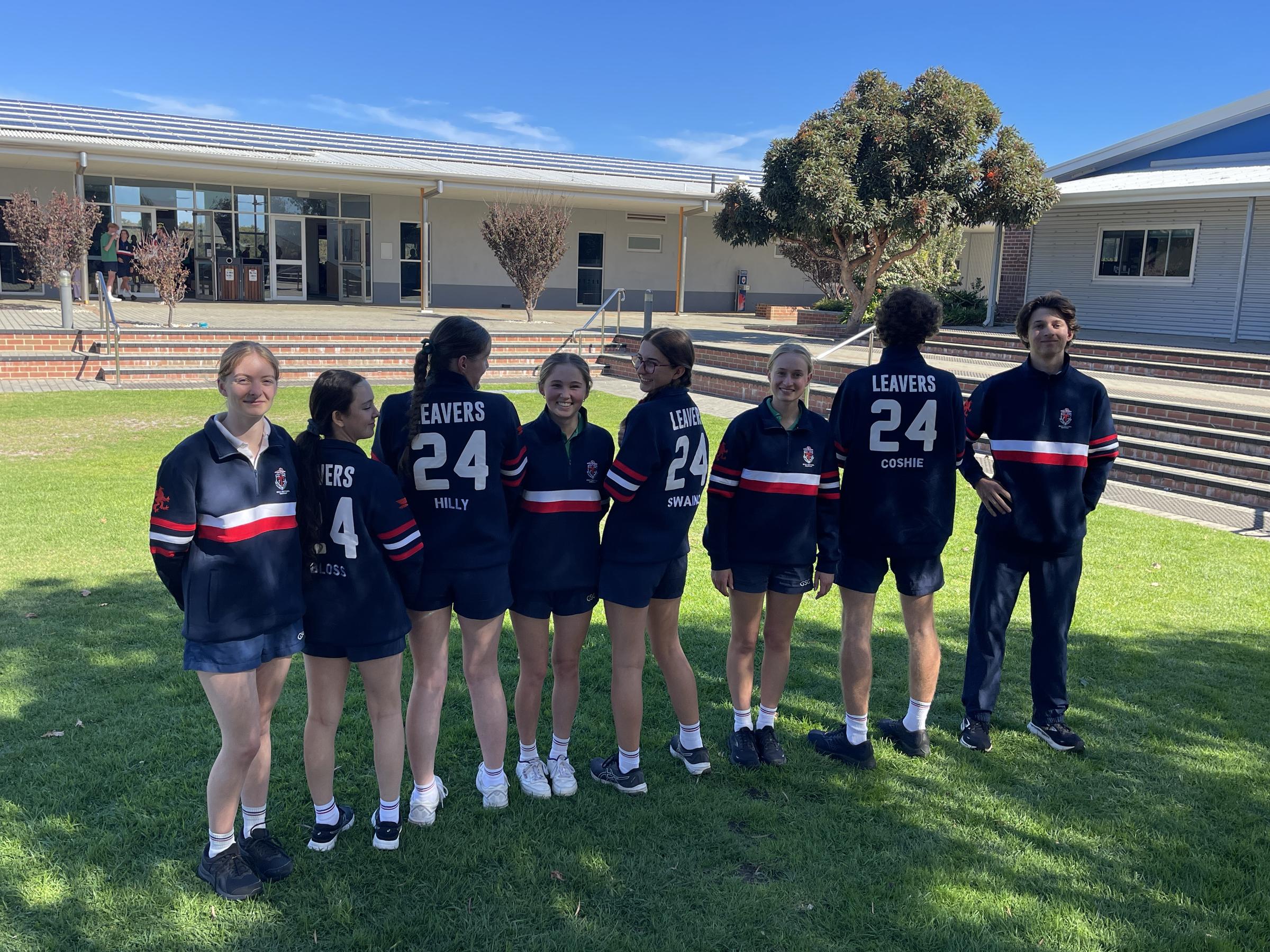
Over the holidays I reflected on my recent round of meetings with curriculum leaders. I posed the following question:
“What do students struggle with in your learning area and can we use strategies from A Learner’s Toolkit to help address their struggles?”.
Three main themes arose and I thought I would share these with you, delving a little deeper into each one over the next few weeks. I will explore what we are doing at school to address each issue and share ideas of how families may be able to help. The three main themes are:
- It would appear that many young people have become less and less connected to the world around them as they read fewer books and newspapers, watch and listen to fewer news programs and documentaries, and spend more time in their online worlds. As AI becomes more advanced, online worlds are becoming narrower as online feeds and advertisements become tailored to areas of interest.
With less general knowledge, courses like Visual Art, History, Literature and Biology that rely on students’ ability to relate content to the world around them and their other life experiences become more and more challenging.
- Students’ written explanations in courses outside of English have become generally weaker. Our teenagers have fewer reasons to write and write well outside of the classroom. While we encourage students to communicate their ideas in many forms from diagrams, dot points to audio recordings and videos, there is still a requirement to be able to write well in every course they study, at every level.
Long gone are the days when many of us were in the habit of routinely writing letters to grandparents, pen friends and organisations for our daily life administration.
- There are numbers of students who struggle with motivation to study. Many of them have the desire to perform well in their courses but find converting this desire into effective study a genuine challenge.
Breadth of Experience
Exposing students to ideas and the world around us is one of the most enjoyable aspects of teaching. Sharing and debating big ideas and how they impact life in the past, now and in the future is an engaging and fun part of every lesson, provoking thoughts, opinions, and often a sense of justice. Engaging with a rich variety of art forms promotes an appreciation for creativity, our emotional responses, and the ways in which we can convey ideas and communicate them. But, we are finding that our students have less and less to draw on and that their responses are becoming more superficial.
We are working on addressing this in many ways at GSG. Our Arts camps, Geography camp as well as Humanities field days expose students to real examples and the world around them. Last year, students returned from the Red Moort Camp telling me that their lives had altered and that they would always think differently following their experience. This year we are extending these experiences to support Literature, Biology and Drama.
Homework has become an opportunity for us to challenge students to engage with experiences outside of their chosen arenas. For example, finding examples in the news of a concept (eg. changes in the ocean) locally, nationally and internationally. Encouraging conversations with family members about a particular theme, seeking parent opinions and comparing to their own and perhaps opinions of grandparents.
Different courses and learning areas are working together to help students understand how a concept learnt in one space, relates to another in a different area. Hospitality students are exploring the consumption of insects while our Sustainable Production students are exploring how insects are bred and which ones would thrive in our climate with support from our Biology experts and the Humanities team.
At the end of next term, we are piloting our Year Eight project which entails all students in the cohort working in small groups on a project impacting our lives here in Albany. Students will draw on learning from all areas and bring it together to form a presentation, in a form of their choice, which we look forward to displaying to families and the wider community. We hope to promote the way in which classroom learning can help students to develop thinking and ideas to solve a real, local problem and communicate their solutions effectively.
How can families help? There are many ways to help provide your children with a broad life experience. Outings to galleries, museums, pop-up exhibitions, concerts, plays and the cinema are a great start. A follow-up chat, over dinner perhaps or in the car on the way home, about what has been seen, heard and felt is more significant, remembering that it is fine to have differing opinions!
Encourage your children to read. Share stories that you have read or heard about in the news and ask for their opinion about issues. Talk about the impact of economic matters on the people around us; how are increasing interest rates affecting different people?
Share stories from your childhood and grandparents’ childhoods. Our children love these tales and although they may roll their eyes at some of the things we say, they do listen and think and add to their knowledge and understanding of the world around them.
If you have other ideas or wisdom to share, please feel free to contact me and we can add parents’ comments to these articles.
Years Eleven and Twelve News
There was great excitement amongst Year Twelve students this week as Leavers’ tops arrived! We have a new design this year which the committee worked tirelessly on and we all agree that the tops look great.
We have a range of exciting visits to look forward to in the next few weeks as well. We have representatives from residential Colleges, the Tertiary Institutions Service Centre (TISC), and Academic Task Force.
I strongly encourage all Years Eleven and Twelve students to participate in these opportunities.
Mrs Victoria Turnor | Head of Secondary
University Tour to Perth
On Friday 27 March, 20 Year Eleven students left on the bus for the University Tour in Perth. We arrived at 8.00pm that night and enjoyed dinner at the park. After an early start on Saturday morning, we headed to Tommy Moore residential college, where we were treated to breakfast before touring the campus.
Then we adventured across the road to UWA where we were given a private tour of the buildings including the Barry J Marshall Library named after the Nobel prize Laurette, with beautiful scenery and we encountered seven peacocks.
After, we hopped on the bus and headed to the Murdoch Open Day where we all adventured off to explore our own interests. Each individual came back with a different experience and gained new knowledge about their passions. These included the simulated hospital, veterinary, science laboratories, engineering displays and many more interesting exhibitions.
Next on our trip was the University of Notre Dame where we had a private tour of the facilities which included their nursing ward. We were delivered a lecture about the entry pathways and courses provided. We then went on a quick walk to the nearby Bathers Beach.
To conclude our jam-packed day, we made the short trip to Ruocco's Pizzeria, where we were treated to a variety of different pizzas and topped it off with ice cream for dessert. With our stomachs full we headed back to the hotel for a good night’s sleep.
After a well-deserved sleep in we enjoyed a cooked breakfast at the hotel before heading off on the tour of St Catherine’s Residential College at Curtin. The college surprised us all with its modern facilities, courtyard and rooftop garden. A short walk away was the Curtain University Open Day. Straight up we encountered the first challenge of the day which tested the deltoid strength by lifting and holding a weight bag for 60 seconds, where Angus and Banjo both won a $5 food voucher for the day!
Excited after our success we all headed off to the different aspects of the campus. Some favourites were the Business and Law tent, the Health Science building and the News broadcasting activity, where Colin got to be a live news presenter. There were a variety of free challenges where you were able to win money, cookies and toys, which kept the day extremely entertaining.
We stopped at the IGA for some quick snacks before our long bus trip back to Grammar.
A huge thank you to Mrs O’Donnell and Mr Rose for coordinating and attending the trip with us, we all agreed the trip was very valuable.
Amy Medway and Chloe Climie | Year Eleven students
Upcoming Fundraising Events
MSWA Swim
This weekend, Saturday 20 April, GSG has a team of ten students taking part in the MSWA Swim at ALAC. They will complete an eight-hour relay and are raising funds for multiple sclerosis.
To donate or share the message, please visit this link:
https://mswaswim.org.au/great-southern-grammar
World’s Greatest Shave
On Friday 10 May (Week Four), 11 brave Year Twelve students are participating in the World’s Greatest Shave. They have committed to cutting or shaving their hair to raise money for blood cancer research. Currently, the team has raised over $3,000.
Please visit this link to donate: https://secure.leukaemiafoundation.org.au/registrant/TeamFundraisingPage
Thank you for your support.
Secondary Leaders
ABC Heywire 2025 Competition
ABC Heywire - 2025 Competition now open! Seeking Next Great Southern Winner!
Hear from our own Sienna (Class of 2023), the 2024 Heywire winner from Great Southern’s story: Every year, we go to Gnowangerup to tidy the graves of our ancestors - ABC Heywire
Aged between 16 and 22? Got a story to share? The ABC Heywire competition wants to hear from you. Heywire is a lived experience storytelling competition for young people living in regional, rural and remote Australia. For more than 20 years, we’ve been championing the bravery and vulnerability it takes to tell your story, your way.
The things that might seem every day to you are epic to us. We’ve seen the impact sharing stories has on communities and the country; that’s why we want to hear yours.
So tell us what life’s like living in your part of the world; or tell us what you care about; or what you’re frustrated by. You can share your story in writing, by recording some audio, shooting video or taking some photos; as long as it’s a true story about some aspect of your life living regionally.
Our competition closes on 1 September this year and until then, we’re on the hunt for stories about your epic, everyday lives. You could win a once-in-a-lifetime chance to be heard on the issues that matter to you, a chance to work with ABC Producers and an all-expenses paid trip to the ABC Heywire Regional Youth Innovation Summit next year.
For more information and to enter now, here’s the link: https://www.abc.net.au/heywire

